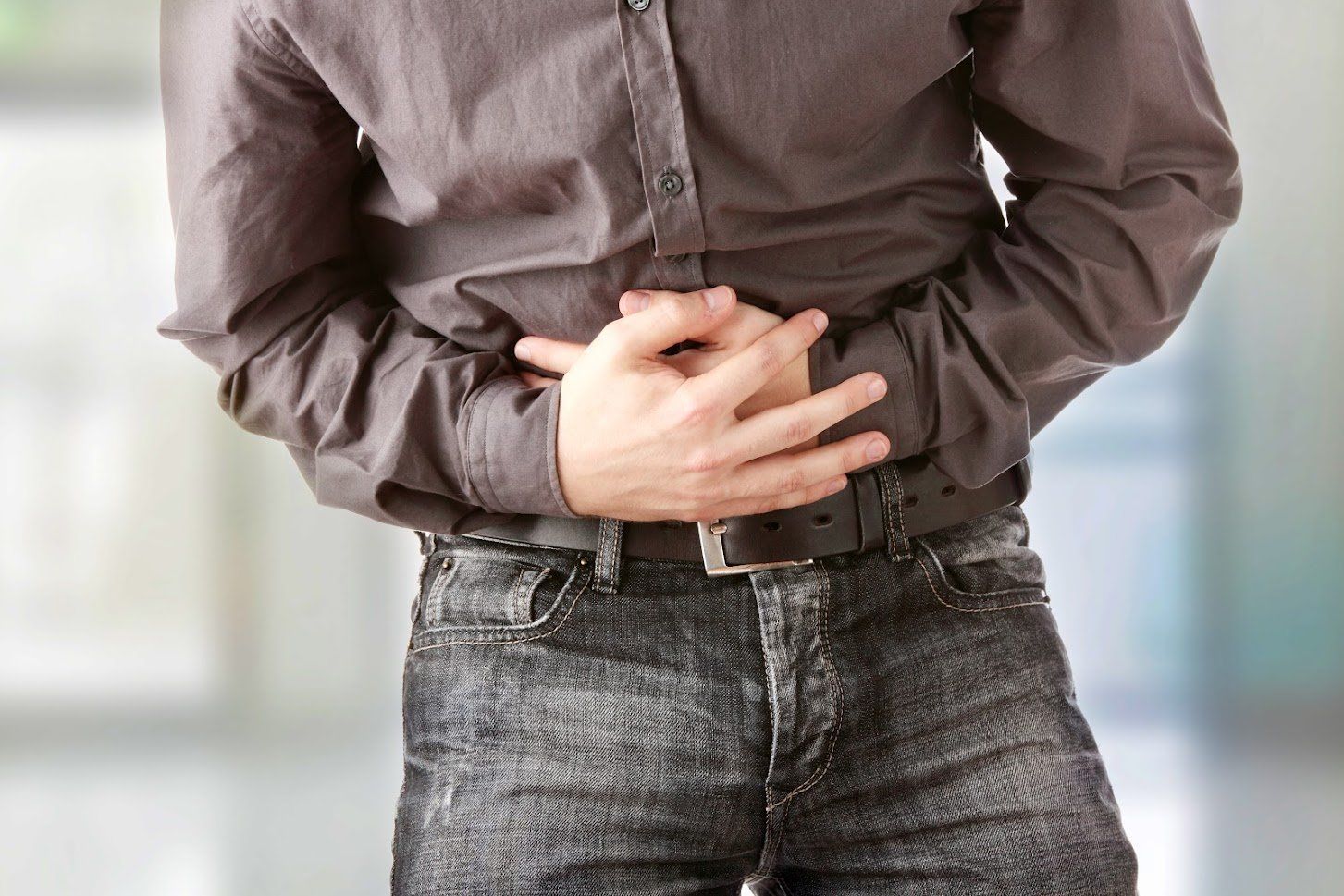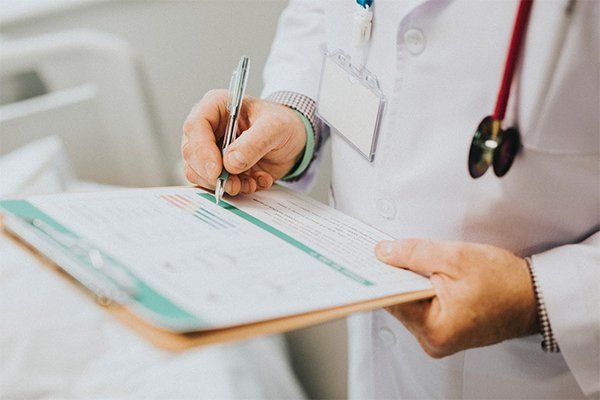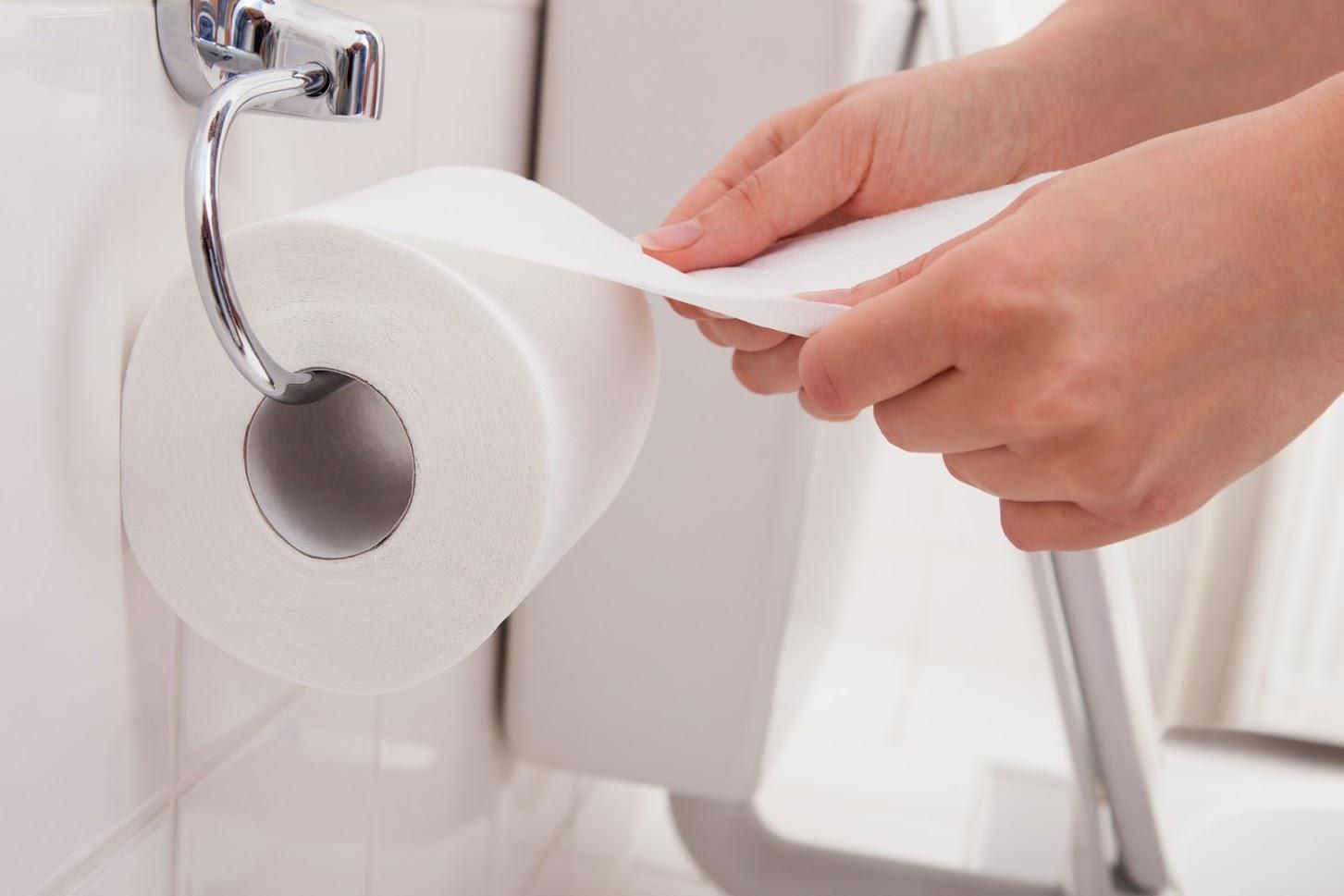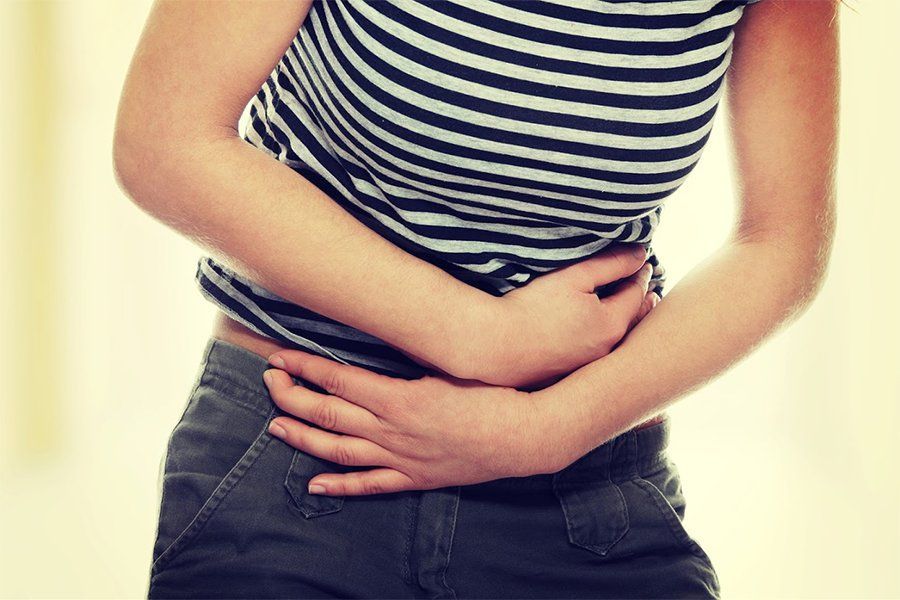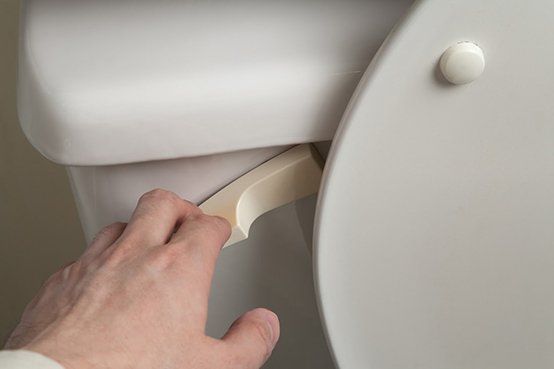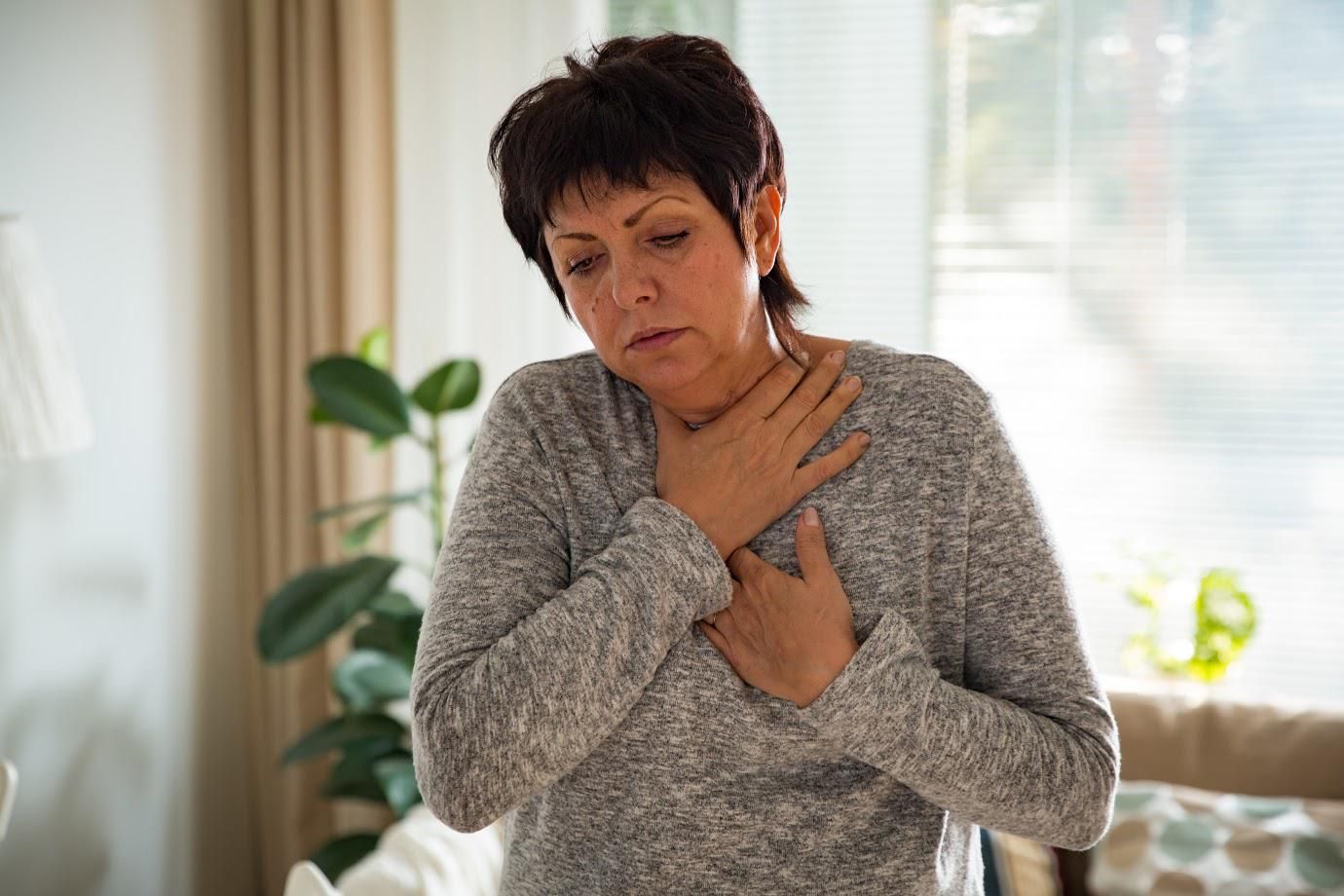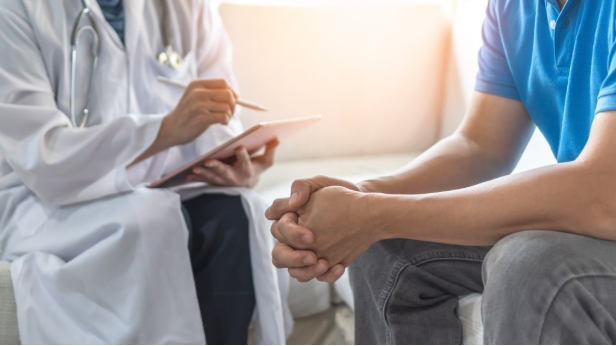Diverticulosis: Understand the Condition

Diverticulosis is a common condition in about half of people in the U.S. over age 60 and most people 80 and over. The condition can affect people younger than 60, but it is rare in anyone under 40. A diagnosis of diverticulosis does not mean the patient will develop symptoms or have any cause for concern about serious illness.
Diverticulosis is when small pouches or pockets develop in the wall of the digestive tract. It causes no symptoms in many people and often remains undiagnosed. If the pockets become inflamed, it is a condition known as diverticulitis, and treatment becomes necessary.
Causes of Diverticulosis
Diverticulosis happens more often in countries where people do not always consume a healthy diet. The United States, unfortunately, is one of those countries. In areas where the population regularly consumes fiber-rich foods, the condition less commonly develops.
Fiber allows the body to remain regular. Alternatively, constipation can cause pressure in the digestive tract. The intestinal walls can thin and weaken over time from pressure, and pockets will develop in the weakened areas.
Complications of Diverticulosis
Unlike some digestive system conditions, diverticulitis does not increase the risk of cancer. The painful problem can still cause serious health concerns. A bowel blockage can develop from scarring in the tissue of the intestine. Abscesses can occur within the pouches. Infected pouches that rupture can lead to peritonitis, swelling of the abdominal tissue that can become fatal.
Symptoms of Diverticulitis
Diverticulitis causes many uncomfortable symptoms that make it hard to ignore. It can mimic some conditions like a stomach virus or appendicitis. The pain usually becomes intense enough during a flare-up to convince people to visit a doctor. Common symptoms may vary but often include:
- Abdominal tenderness
- Lower left abdominal pain
- Lower right abdominal pain
- Nausea
- Vomiting
- Fever
- Constipation
- Diarrhea
Treatment of Diverticulitis
Treatment of diverticulitis will depend on the severity of the condition. A mild case will typically mean a recommended change in diet with a liquid diet for a few days until the patient improves. Over-the-counter pain relievers and an antibiotic to treat any infection will also often be a part of the treatment plan.
Severe diverticulitis may require a hospital stay and intravenous antibiotics. Surgery may be necessary to drain an abscess, remove any blockages, or repair any tears in the wall of the intestine. A colostomy may become necessary with chronic cases of diverticulitis.
Prevention of Diverticulosis
In many cases, diverticulosis is mild and easily treatable. It may never become troublesome enough to require treatment. You can easily avoid the risk and use preventative measures to lessen the potential of developing the condition or experiencing serious complications. Constipation prevention is often the best way to reduce risk.
Consuming plenty of fruits and vegetables and whole grains is an effective way to keep the digestive tract operating efficiently. Adequate water consumption also plays a role. Eating the right foods is not always enough. Also avoid problematic foods. Avoid processed foods, white rice, and anything with white flour.
Exercise also helps to keep the body regular. Avoid holding in a bowel movement because it can lead to constipation. Seniors can often struggle to remain regular because of the body processes becoming less efficient with aging. Stool softeners and psyllium can help. Avoid laxative use for more than an occasional problem unless your doctor directs otherwise.
A diagnosis of diverticulosis often occurs during testing for other conditions. Chronic digestive problems, pain, and especially abdominal pain with a fever are cause for concern. At Kentuckiana Gastroenterology & Paramount Surgery Center, we can help. Contact us today to schedule a visit.
